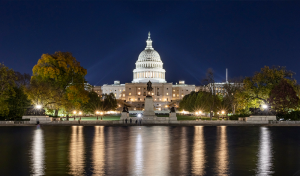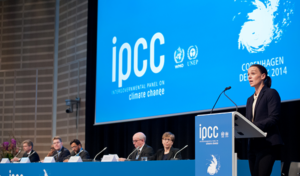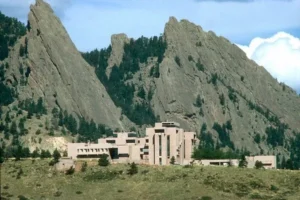
Parents have valid concerns about how online environments shape their children’s behavior. However, as the House Energy and Commerce Committee advances a comprehensive package of children’s online safety bills, the…
By Shane Tews | January 13, 2026

An appellate court ruled in late November that a Florida law severely limiting minors’ ability to hold social media accounts and imposing age-verification and parental-confirmation requirements on platforms “likely” passes…
By Clay Calvert | January 13, 2026

In 2025, the landscape of digital safety for youth shifted from monitoring to integrated protection. Major platforms have moved beyond simple screen-time counters to introduce granular content filtering, mandatory age-appropriate…
By Shane Tews | January 12, 2026

There were ghosts in the old City Hall subway station when New York City Mayor Zohran Mamdani took the oath of office January 1. They were not the sentimental kind—not…
By Mark Jamison | January 12, 2026

With the second Trump administration settling into its second year, 2026 promises to bring continued evolution in technology policy. Our scholars are examining the developments likely to shape the year…
By The Editors | January 9, 2026

Yesterday, the Trump administration announced via executive order that the United States was withdrawing from 66 international organizations, of which 31 fall under the United Nations (UN). [1] Among these organizations are the…
By Roger Pielke Jr. | January 8, 2026

Automatic-reply, out-of-office (OOO) emails are generally informative, innocuous and noncontroversial. They’re frequently formulaic—templates abound—and Microsoft offers instructions for their creation. However, the OOO emails at the heart of a First…
By Clay Calvert | January 8, 2026

Artificial intelligence is currently the shiny toy in tech, and when discussing it, most focus on the “AI stack,” data centers, or chips as the most vital aspect of furthering…
By Shane Tews | January 7, 2026

Keep an eye on a recent case filed by the Pacific Legal Foundation (PLF). It may broaden recognition of something the Supreme Court has found: Cell phones are no ordinary…
By Jim Harper | January 6, 2026

The US Court of Appeals for the Second Circuit in October delivered a significant triumph for the online speech rights of public high school students over educators’ authority to discipline…
By Clay Calvert | December 23, 2025

As large language models (LLMs) increasingly replace traditional search engines as tools for information gathering, the use of AI in the political arena—and its impact on elections—is inevitable. Recent research…
By John Bailey | Julia Torres | December 22, 2025

A federal appellate court recently delivered a remarkable win for the online, off-campus First Amendment speech rights of public high school students, even when posting social media content that most…
By Clay Calvert | December 22, 2025

As 2025 comes to a close, we’re taking the time to look back and analyze some of the most notable developments in tech policy. The following represents the technology and…
By The Editors | December 19, 2025

Recently, iRobot—the Massachusetts-based company that pioneered the robot vacuum—announced that it is filing for Chapter 11 bankruptcy. Soon, it will be acquired by its Chinese manufacturer and lender, Picea Robotics.…
By Mark Jamison | December 19, 2025

Yesterday, the Trump Administration announced that it was taking steps to shut down the U.S. National Center for Atmospheric Research (NCAR). USA Today broke the story: The Trump administration is moving to…
By Roger Pielke Jr. | December 18, 2025